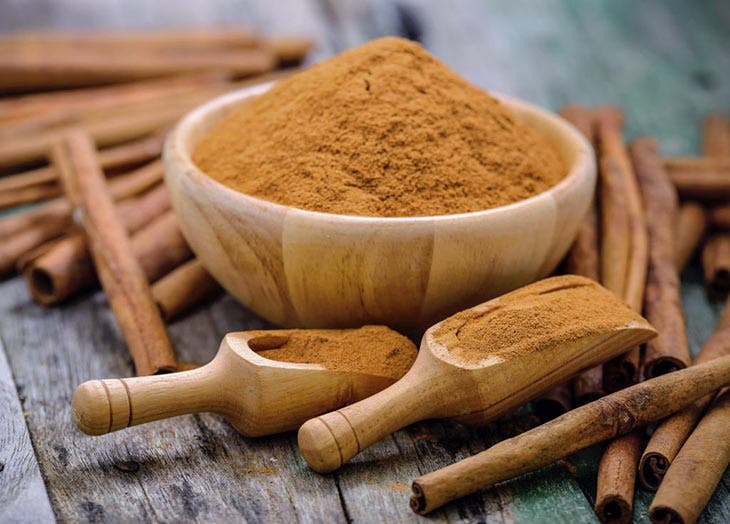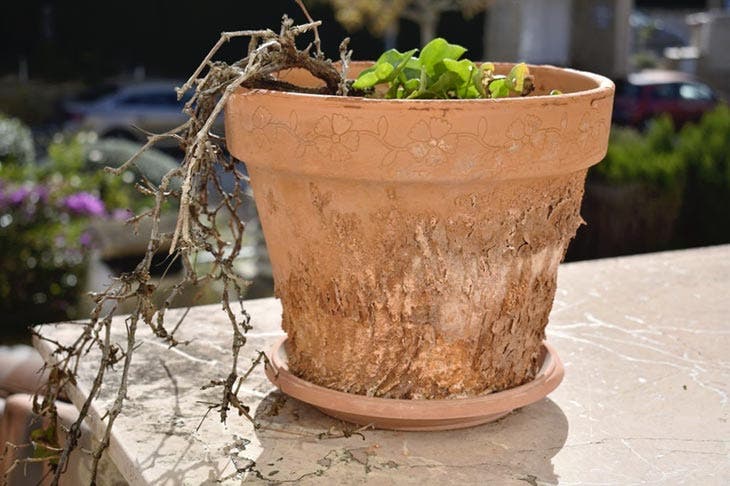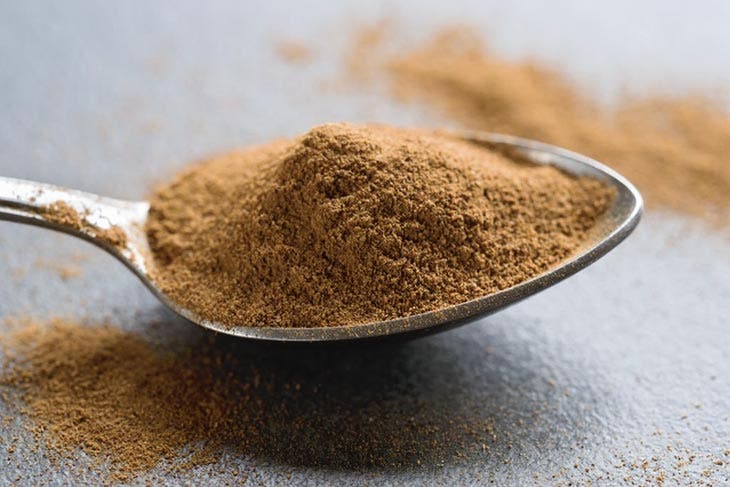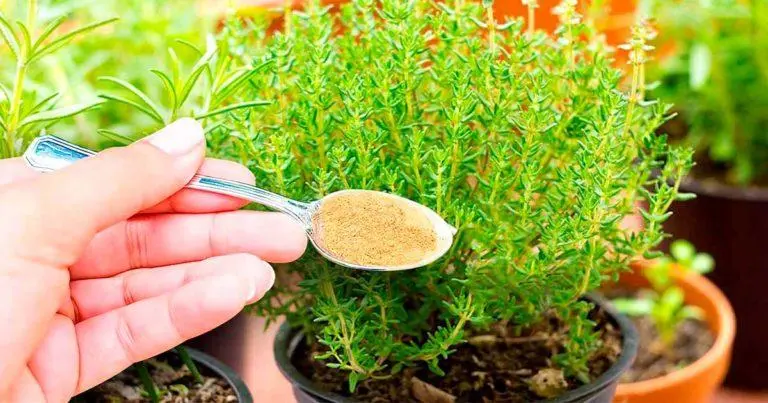Cinnamon is a delicate spice that we readily use in cooking to bring a fragrant aroma to our cakes and enhance the taste of our dishes. But, for those who don’t know, it is also widely popular in the cosmetic world, but also in gardening. You can count on this brown powder to preserve the health of your plants. How to use it effectively in your garden? A quick overview of the benefits of cinnamon for gardening.
What are the benefits of cinnamon in the garden?

Keep Mosquitoes and Ants away
Both woody and sweet, cinnamon gives off an intoxicating and warm scent. Many of us appreciate its pleasant and refined smell. But this is not the case for insects, who, on the contrary, find it strong and repulsive. Mosquitoes, for example, hate it. This is a great boon for you: if you want to drive them out of your environment, simply place a few pieces of cinnamon around the house or sprinkle a little on the terrace, window sills and garden. Mosquitoes will no longer bother you!
An insect repellent of choice, the smell of cinnamon is also toxic to ants . If you want to get rid of them once and for all, you can sprinkle them around your pantry in particular, as well as in places where anthills are nestled. As a bonus, since it is a natural repellent, it is a non-toxic remedy for the environment!
Regenerate damaged plants and fight fungi

Who would have thought it, but to treat your sick plants, cinnamon has unexpected power! Indeed, this spice has a healing and regenerating effect. When pruning especially, sprinkle it generously on a diseased plant and it will heal much more quickly. Better yet, this spice is even known to prevent plant diseases.
So, as it is a natural antifungal, if you put a little cinnamon on the ground, around the base of the plant, you will prevent the appearance of fungi which ravage your crops.
Good to know: Cinnamon is also useful when we accidentally damage a healthy plant. Ideally, you should sprinkle it with ground cinnamon in the morning. This will speed up the regeneration process and prevent fungus growth.
Preserve the seeds
Cinnamon also helps you when planting seeds for seedlings or when cutting part of the plant to create cuttings. Scatter a little cinnamon on the ground to enrich rooting and above all to prevent the seeds from being infected by fungi or other dangerous bacteria.
Cinnamon will thus protect the seedlings which will grow in better conditions. Note that mold spores can attack seedlings due to high humidity. This is where the fungicidal action of cinnamon comes in to prevent this invasion.
When cutting a twig to help the old plant flourish and root the new one, it would be a good idea to sprinkle the cut area with cinnamon. It will therefore protect it against mold and facilitate its growth.
Persist a bouquet of flowers
How to preserve a bouquet of flowers that you have just received? To make it last longer, cinnamon is the ally you need! Just put a little powder in the water of the vase and it will delay the premature aging process. As a bonus, your flowers will give off a delicate and very pleasant scent.
Cinnamon, an anti-mold weapon

As noted above, this spice fights effectively against mold and fungus. If you want to eliminate them sustainably to prevent your plants from getting sick, we have a powerful remedy to offer you.
You will need half a liter of water, two tablespoons of cinnamon and two powdered aspirin tablets. Put the ingredients in a bowl, mix well, let sit overnight and drain the next day. Next, dip the cuttings into the remaining mixture in the bowl.
Why is this duo particularly ingenious? On the one hand, aspirin will stimulate root growth, on the other hand, cinnamon will prevent and eliminate diseases caused by the presence of fungi and mold.
NB : the excess mixture must be thrown away, as it quickly loses its properties.



